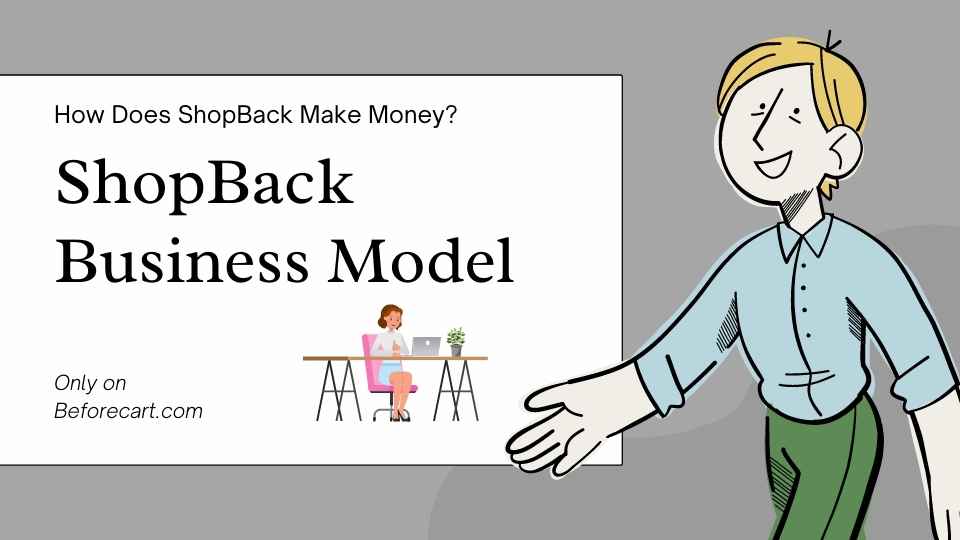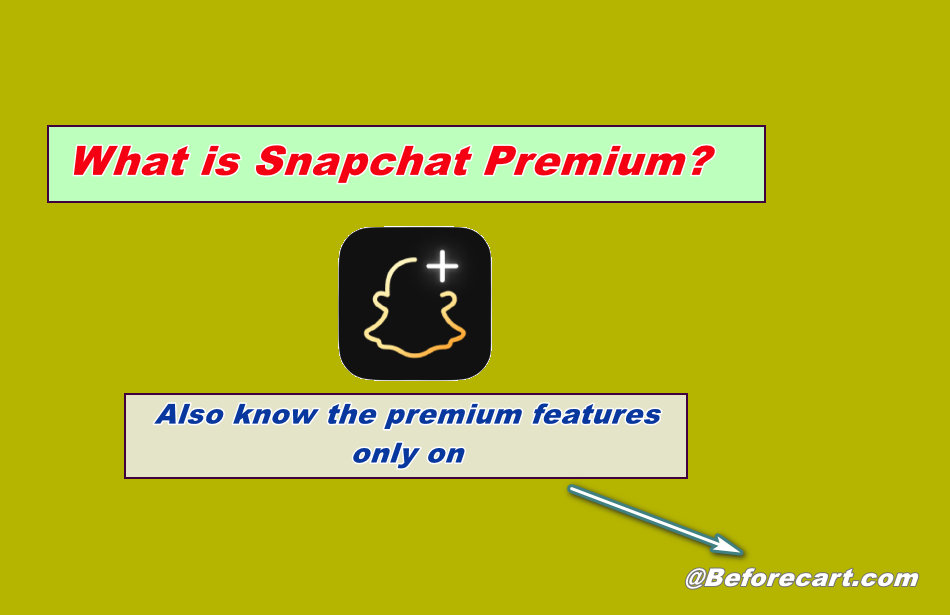Top 7 Most Surprising Business Models: A business model outlines how a company plans to make a profit with its products, services, and customer base. The models support businesses and provide reasons for customers to choose one company over another. The model also explains how the business plans to market the product or service, its estimated expenses, and its profit targets. In this article, we will share the top most business models you never heard before.
So, read the article till the end to get the complete information.
What are the benefits of business models?
Table of Contents
Business models allow you to create value out of new ideas. Your business model can help you answer key questions about taking your ideas to the next level, enabling you to take your products and services to the next level.
Creating a business model can also give you a better understanding of a company and identify its key components. The business models also assist companies in managing their plans and creating new growth opportunities. Having a business model allows you to analyze how a company does things now and how it can improve on those things in the future.
Top 7 Most Surprising Business Models
Various business models exist in the same way as different types of businesses. Here we have created a list of the top 7 most surprising business models:

1. Business model based on a one-to-one exchange
In this business model, a company donates a product to charity for every item it sells. In general, customers who appreciate charitable businesses are attracted to this model. The company’s efforts may encourage customers to purchase a product, which allows both customers and companies to get involved in philanthropy.
2. Open-source business model
There are two versions of an open-source business model: one is a complimentary service or product, and the other is a paid version. Although some similarities, open-source and freemium aren’t the same. The freemium model involves a free product built and designed by a company centrally, whereas the open-source model involves a free product developed by the community.
3. The distributor business model
The distributor business model consists of one to three key distribution channels. Your company doesn’t need to manufacture its products if you use this model. It can instead focus on distributing products. This business model allows distributors to set prices to earn a profit and use various promotional strategies to increase sales.
4. The Conceptual business model
Business models provide a detailed description of a business sector or industry. Conceptual business models benefit companies that want to create unique or innovative products. A research-based business model involves developing new ideas.
5. The franchise business model
A franchise is a business acquired by a franchisee and reproduced by him or herself. To ensure the franchisee follows in the footsteps of the original owner, known as the franchise, various aspects of business operations, including finance and marketing, are coordinated between them. According to this business model, the franchiser receives a share of the franchisee’s profits.
6. The business model based on crowdsourcing
The crowdsourcing business model involves receiving feedback, opinions, and work online from people through different platforms. This model enables companies to access a vast network of talent rather than hiring in-house personnel. Companies can host content and advertise through the crowdsourcing business model to generate profits.
7. E-commerce business model
With the e-commerce business model, users can purchase products online and deliver them right to their doorsteps. The e-commerce business model relies on the internet to sell goods. As part of this business model, products are sold through a website known as an online store. There are four e-commerce business models; business-to-consumer, consumer-to-business, business-to-business, and consumer-to-consumer.
Recommended: DoorDash Business Model
Conclusion:
In this article, you have learned about the Top 7 Most Surprising Business Models. Hope you enjoyed our article. If so, then please do share with your friends and family members.
Thanks for reading the complete article.
Recommended: Rivian Stock Price Prediction





